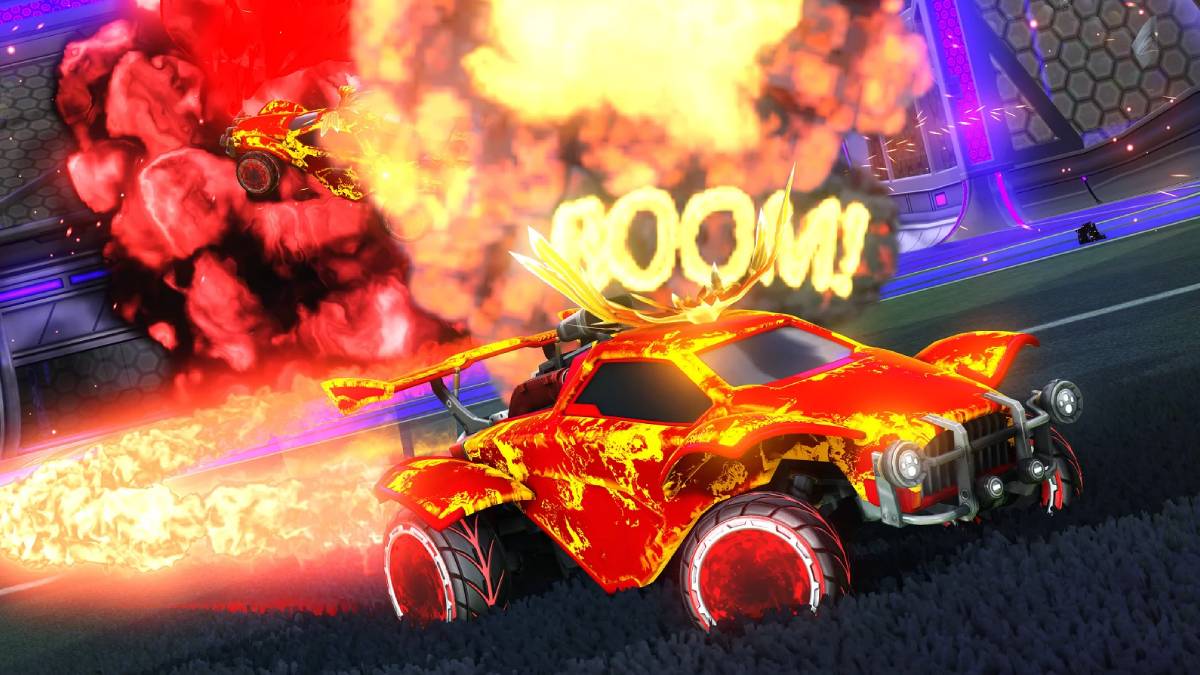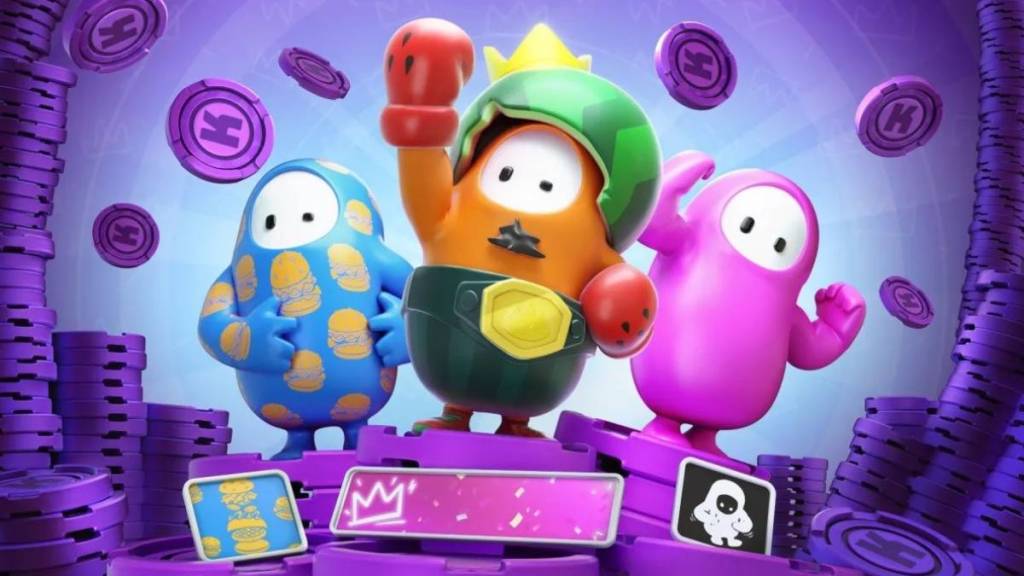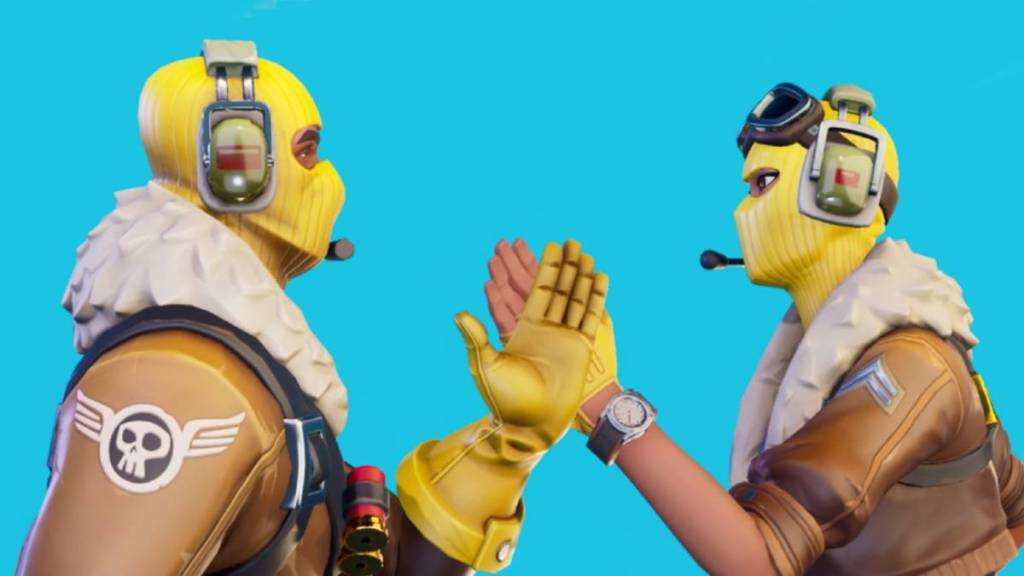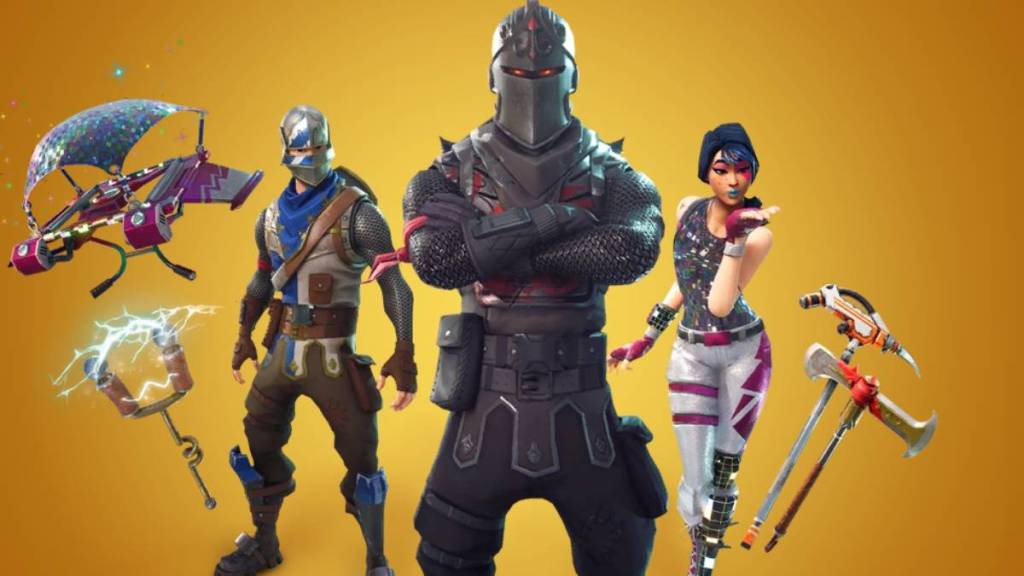Why Epic Games Needs To Encourage Player Trading Instead Of Killing Off Its Community
Epic Games is pulling the plug on Rocket League’s trading platform, but they should be capitalizing on their vast cosmetic library.

Oh, how the mighty have fallen. In a rather disappointing announcement from Epic Games, Rocket League’s iconic player-to-player trading system will be removed from the game starting December 5, 2023. Meant to align Rocket League with Epic’s wider stance on in-game cosmetics, this change effectively wipes out a niche yet fascinating community that should be nurtured, not exiled.
We’ve all queued into a 2v2 match, loaded in with a random as our teammate, only to feel the inevitable frustration when the chat box dings with a message from your duo: “Trade?” This is quickly met with three “no”s and a “Tripl3xXxG4mer Has Left” notification, leaving you in a 1v2, ultimately giving up a goal.
But you may not know that the player is part of a thriving community of Rocket League traders. They may be Platinum or Diamond in ranked, but they are professionals in car design, haggling, and acquiring rare cosmetics through Rocket League’s player-based economy. That said, in a couple of months, they will go extinct.
Epic Game’s Stance On Cosmetics Is Safe But Boring

Epic Games has become a fairly well-known player in the realm of game publishing, development, and acquisitions. While EG hasn’t made massive purchases like Microsoft’s Bethesda and Activision buyouts, they have made a few solid additions to their roster.
Whereas Fortnite would be Epic Games’ Michael Jordan, Psyonix (Rocket League) and Mediatonic (Fall Guys) would be their Scotty Pippen and Dennis Rodman, respectively. Games that have staying power and continue to grow their audiences steadily, but nothing that would cause months of court hearings to dispute.
And while these three titles are drastically different from one another, they all have one thing in common – an abundance of crossover cosmetics. Fortnite is the most notable in this respect, having produced skins, weapons, POIs, and game modes for popular IPs ranging from Naruto to Halo.
All the while, Epic Games has held firm with its stance on in-game cosmetics. Items can be purchased with premium currency or real money and will remain on the buyer’s account forever. They aren’t meant to be tradeable digital assets or collectibles you can peddle to players. You bought it – you’re stuck with it.
Of course, in a game primarily played by children, this is the safest policy. If you can’t trade, then it’s harder for gullible adolescents to give away their most valuable skins. Scamming players out of V-Bucks can’t be done unless the kiddo hands out their login information. So, it’s understandable why Epic Games would choose to exclude trading. However, trading builds communities, and player-based economies can thrive and breathe new life into games, giving games like Fortnite and Fall Guys a deeper sense of purpose.
Why Trading Should Be Encouraged In Live-Service Games

Call me a capitalist shill, but I’ve always had the mindset that games offering cosmetics should allow player-to-player trading, and I think Rocket League nailed it. Now, I know that trading digital assets for virtual currency or simulated cosmetics of equal value sounds a lot like NFTs, so it may scare some gamers away. However, when I buy a costume for my virtual character, I want it to feel like buying a shirt in real life.
Purchasing in-game cosmetics is essentially like buying clothes. The difference is what the seller or platform you’ve purchased from allows you to do with said product after it’s purchased. If I went and saw Drake or Taylor Swift on tour and spent $80 on a limited-edition t-shirt, I could wear it as much as I want and then sell it once the novelty has worn off. Drizzy’s manager isn’t going to call me and tell me I’m breaking Drake’s TOS. So why is it different when buying digital products?
Although I’ve spent upwards of $1,000 on cosmetics and battle passes in Fortnite since its launch, I wouldn’t see trading as a get-rich-quick scheme. Instead, I’d see it as an avenue to acquire some of the skins I’ve missed out on. Fortnite has created some truly iconic characters, some of which are locked behind seasonal barriers, and trading would allow new and returning players a chance to acquire cosmetics they weren’t around for.

At the same time, trading fosters a community of gamers who play games in an entirely different way. Remember those traders from Rocket League? They log on daily, constantly refresh Rocket League Garage, and barter for the thrill of getting a rare item. They might play some ranked games to show off their flashy new preset, but their fun comes from treasure hunting, not scoring goals.
Some cosmetics, like Alpha Boost, sell for astronomical prices, but that’s not a daily occurrence. And scamming isn’t as easy as it seems (even though players can trade premium currency) because there is a hold on premium currency for 24 hours after it’s purchased.
But between now and December 5, we can expect a lot of professional Rocket League traders to cash out on their extensive collections because Epic Games is stamping out their community.
The Positive Impact Of A Wider Trading Policy

If Epic Games took a step back, they’d see that trading could boost all of their IPs. St start with, it would encourage participation in seasonal or limited-time events, especially with the number of free cosmetics Epic doles out. Additionally, it would provide a sense of investment – in time or money – rather than cosmetics feeling like a useless collectible. And lastly, trading incentivizes getting into new games on the ground floor.
Live-service games love their battle passes and often boast limited-time events offering free skins you can only obtain during these short windows. The FOMO is enough to get plenty of people to join in on the fun, but a sense of investment could draw a larger crowd. You put in the time, earn the cosmetics, and maybe in a few months, you can trade it with someone who didn’t participate for a skin you really want.
Or maybe you are like myself, playing in Fortnite’s original Season 2, but not caring much for your knight skins. I got in on the ground floor and have put thousands of hours into the game, but I seldom use these skins. I can’t get rid of them, yet plenty of people would give them an arm and a leg.
This may sound like some weird play-to-earn model, but it doesn’t have to be. Epic Games could take premium currency out of the equation entirely—bar real-money transactions. Make it so trading can only occur between two-factor authenticated accounts, and only cosmetics can be exchanged.
Healthy trading communities are something all of Epic Games’ powerhouse titles could benefit from. It would give cosmetics a sense of value beyond prestige and allow new types of players to enjoy their games in different ways. Sure, my Season 2 Black Knight outfit may be one of the rarest skins in the game, but I’d happily trade it for an original Peely.